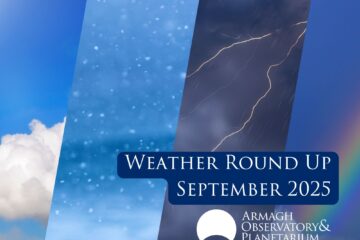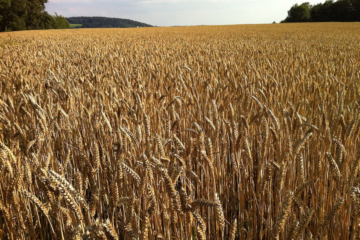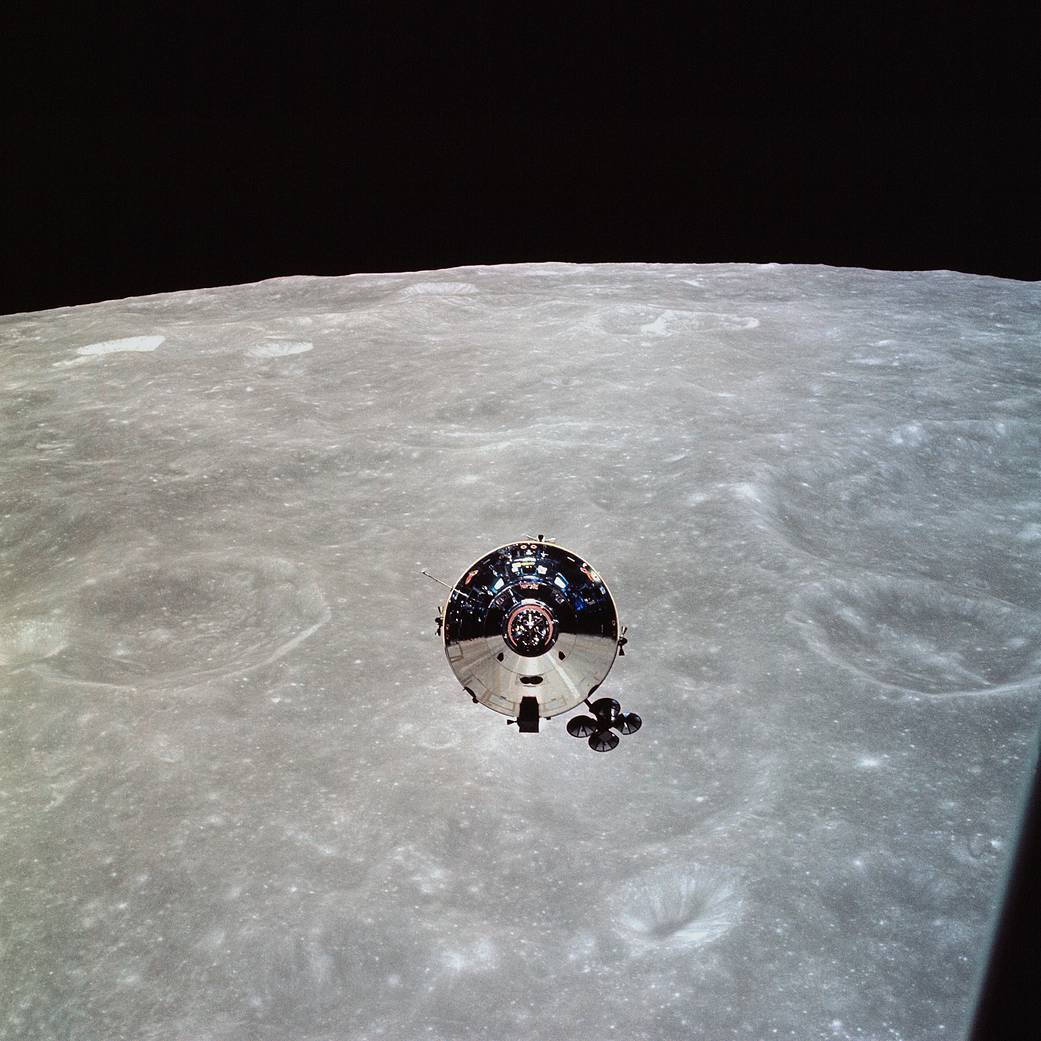Weather Round-up: September 2025
COOL SEPTEMBER, WETTER AND SUNNIER THAN AVERAGE Armagh Observatory, 3rd October 2025: Armagh Observatory reports that September 2025 was cooler, wetter, and sunnier than average. This was the wettest September at Armagh for three years. The average temperature this month, defined as half the average of the daily maximum and Read more
























































































